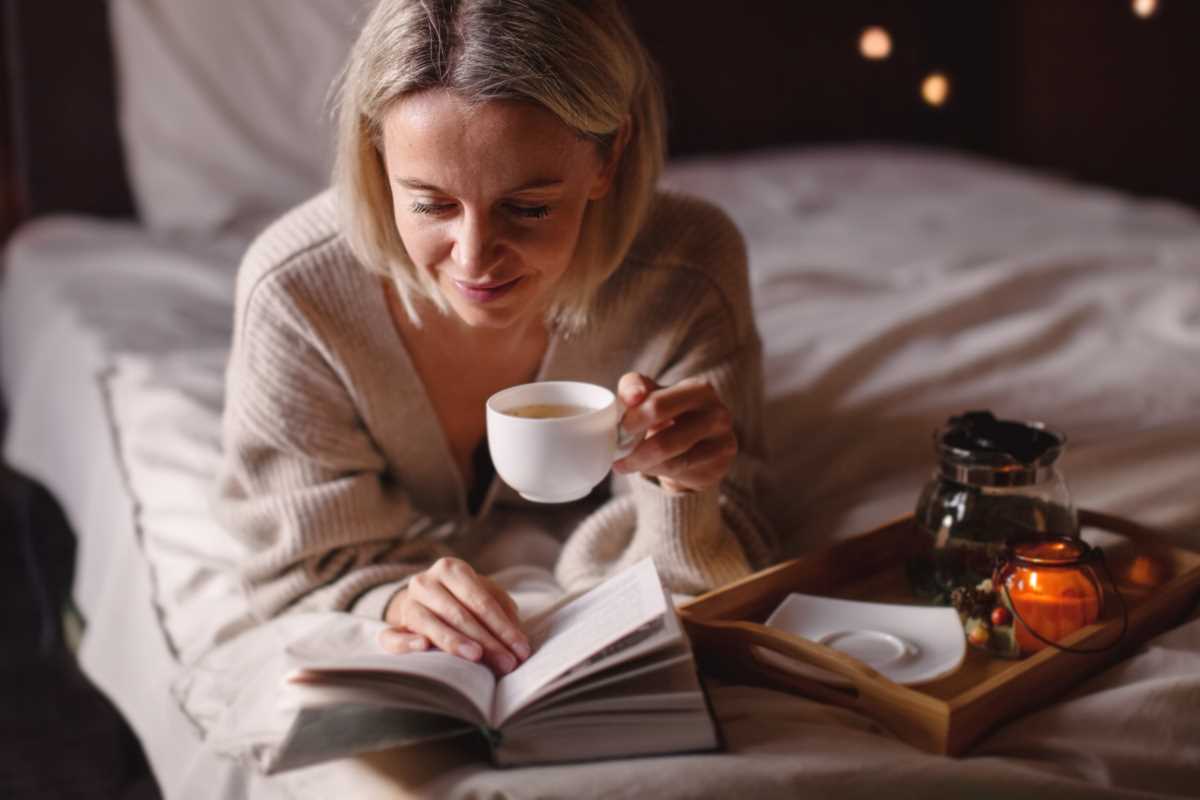Tossing and turning at night is a frustrating experience. You count sheep, stare at the ceiling, and watch the minutes on your clock tick by, knowing you have a busy day ahead. Quality sleep is essential for your physical and mental health, affecting everything from your mood and focus to your immune system. Many people reach for sleeping pills, but these often come with side effects. Luckily, there are plenty of natural remedies for better sleep that you can try.
Why Natural Sleep Aids Are Gaining Popularity
Good sleep is the foundation of a healthy life. Your brain and body perform crucial maintenance tasks while you rest, like consolidating memories, repairing cells, and regulating hormones. A lack of quality sleep can lead to problems with concentration, a weakened immune system, and an increased risk for chronic health issues.
Many people are turning to natural solutions because they want to avoid the potential dependency and side effects associated with prescription sleep medications. Natural remedies often work by supporting your body's innate sleep-wake cycle, known as the circadian rhythm, rather than forcing you into sleep. This approach can lead to a more sustainable and restorative night's rest.
Herbal Teas and Supplements for Relaxation
Certain herbs have been used for centuries to promote relaxation and improve sleep quality. They can be a gentle way to signal to your body that it's time to wind down.
Calming Herbal Teas
A warm cup of herbal tea before bed can be a soothing ritual. The warmth itself is relaxing, and specific herbs contain compounds that help calm the nervous system.
- Chamomile: This is one of the most well-known sleep-inducing teas. It contains an antioxidant called apigenin, which binds to specific receptors in your brain that may decrease anxiety and initiate sleep.
- Valerian Root: Often called "nature's Valium," valerian root has been used for centuries to treat insomnia and anxiety. It appears to increase levels of a neurotransmitter called GABA, which has a calming effect on the brain.
- Lemon Balm: A member of the mint family, lemon balm is known for reducing stress and promoting a sense of calm. It's often combined with other sleep-promoting herbs like chamomile.
- Passionflower: This tea is believed to boost GABA levels in the brain, helping you relax and sleep better.
Key Supplements for Sleep
Some natural supplements can also provide a boost to your sleep quality. It’s always a good idea to talk to a doctor before starting any new supplement.
- Magnesium: This essential mineral plays a role in hundreds of bodily processes, including the regulation of neurotransmitters that promote sleep. It can help quiet the nervous system and relax your muscles. Magnesium deficiency is common and has been linked to trouble sleeping.
- Melatonin: Your brain produces melatonin in response to darkness, signaling that it's time to sleep. Supplements can be helpful for short-term issues like jet lag or for people whose natural melatonin production is low. Start with a very low dose, as more is not necessarily better.
Creating a Sleep-Friendly Environment
Your bedroom should be a sanctuary for rest. Optimizing your environment for sleep is one of the most effective natural remedies you can implement. The goal is to eliminate disruptions and create signals that tell your brain it's time to power down.
- Keep it Cool: Your body temperature naturally drops to initiate sleep. A cool room, typically between 60-67°F (15-19°C), can help facilitate this process.
- Make it Dark: Light exposure, especially blue light, suppresses melatonin production. Use blackout curtains or an eye mask to block out all light. Cover or remove any electronic devices with glowing lights.
- Ensure it's Quiet: Unwanted noise can easily disrupt sleep. Use earplugs or a white noise machine to drown out sounds like traffic, a snoring partner, or household noises.
- Reserve Your Bed for Sleep: Your brain forms associations between places and activities. Avoid working, eating, or watching TV in bed. This helps your mind associate your bed strictly with sleep and intimacy.
Lifestyle Habits and Routines
Your daily habits have a huge impact on your nightly rest. Small adjustments to your routine can lead to significant improvements in sleep.
The Power of a Bedtime Routine
A consistent pre-sleep ritual can be incredibly powerful. It conditions your brain to recognize that it's time to wind down. Your routine doesn't have to be complicated. Just 30 minutes of relaxing activities can make a difference.
Consider incorporating activities like:
- Taking a warm bath or shower. The subsequent drop in body temperature mimics the natural process of preparing for sleep.
- Practicing gentle stretching or yoga to release muscle tension.
- Reading a physical book (avoiding backlit screens).
- Listening to calming music or a sleep podcast.
- Journaling to clear your mind of worries from the day.
Watch What You Eat and Drink
Your diet plays a direct role in your sleep quality. Certain foods can promote rest, while others can interfere with it.
Avoid large meals, caffeine, and alcohol close to bedtime. Caffeine is a stimulant that can stay in your system for hours. Alcohol may make you feel drowsy initially, but it disrupts sleep later in the night, leading to a less restorative rest.
Foods that contain tryptophan, an amino acid that helps produce melatonin, can be a good choice for an evening snack. Think of a small bowl of oatmeal, a handful of almonds, or a banana.
The Role of Sunlight and Exercise
Expose yourself to bright, natural light first thing in the morning. This helps to anchor your circadian rhythm and reinforces your natural wake cycle.
Regular physical activity is also fantastic for improving sleep quality. Exercise can reduce stress and tire you out in a healthy way. Try to avoid intense workouts within a few hours of your bedtime, as the stimulating effects might keep you awake.
By embracing these natural remedies, you can build a healthier relationship with sleep. It's about creating a holistic approach that supports your body's natural rhythms, allowing you to achieve the deep, restorative rest you need to thrive.
 (Image via
(Image via


.jpeg)


